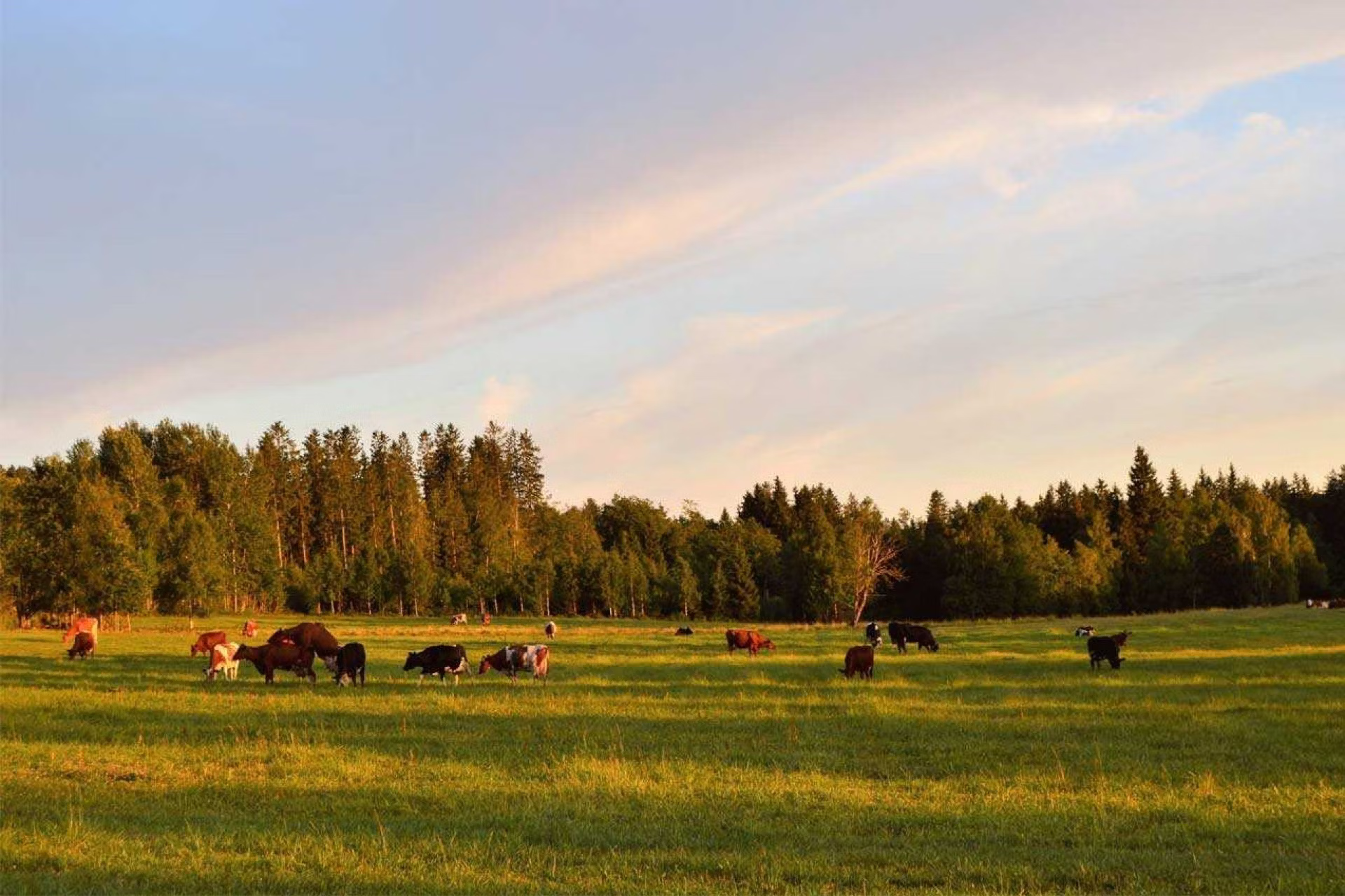
Sustainable Agriculture Research & Education (SARE)
VIEW ALL GRANTSFunding for Smarter, More Sustainable Ranching
The Sustainable Agriculture Research & Education (SARE) program helps farmers and ranchers across the United States test new ideas, improve resource management, and share what works. SARE grants fund hands-on projects that improve sustainability, efficiency, and profitability, from grazing management and soil health to climate-resilient ranching systems.
Who Qualifies
Farmers and ranchers (individually or in groups) who want to trial or demonstrate new sustainable practices.
Educators, nonprofits, and universities partnering with producers on research or outreach.
Open to applicants in all 50 states and U.S. territories through regional SARE offices (North Central, Southern, Western, and Northeast).
What It Covers
On-farm research and demonstration projects.
Educational events, workshops, or field days focused on sustainable ranching.
Grazing, forage, soil health, or climate-adaptation projects that improve long-term production.
Modest equipment, seed, or material purchases tied to research or testing.
Grant Amounts
Most Farmer/Rancher or Producer grants range from $15,000–$30,000.
Larger Research & Education projects can exceed $200,000 when involving universities or organizations.
Funding is competitive and regionally managed, but opportunities open annually in most regions.
When to Apply
Application windows vary by region, typically opening in fall or winter each year for projects starting the following spring.
Visit your regional SARE site for exact deadlines and application forms.
Why It Matters
SARE is one of the longest-running USDA programs supporting practical, producer-led innovation.
Cattle producers nationwide have used SARE funding to:
Improve rotational grazing systems.
Restore pasture health and reduce input costs.
Integrate cattle and cropping systems.
Test water conservation or drought-resilience methods.
GET MORE INFORMATION ABOUT THIS GRANT
Please fill out the form below to get the process started.